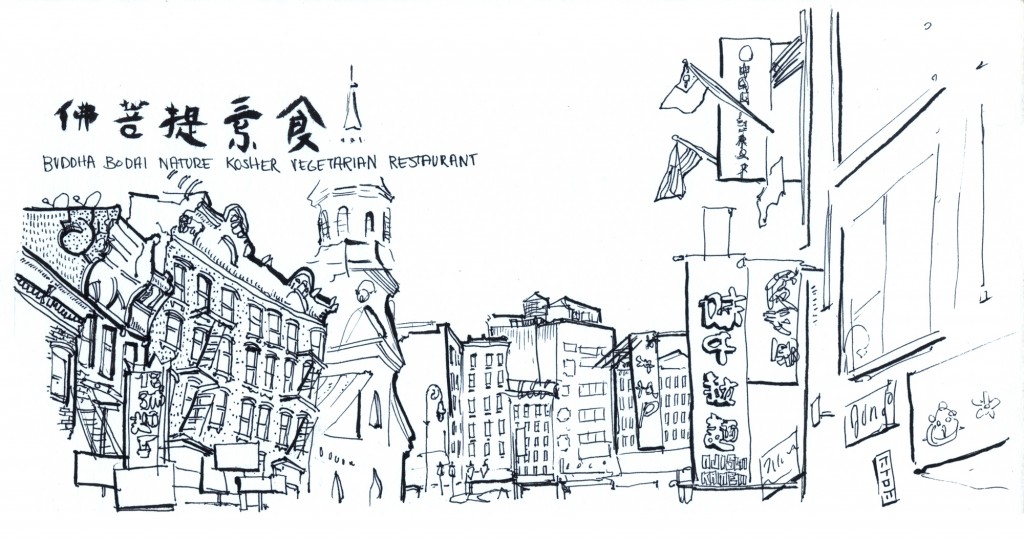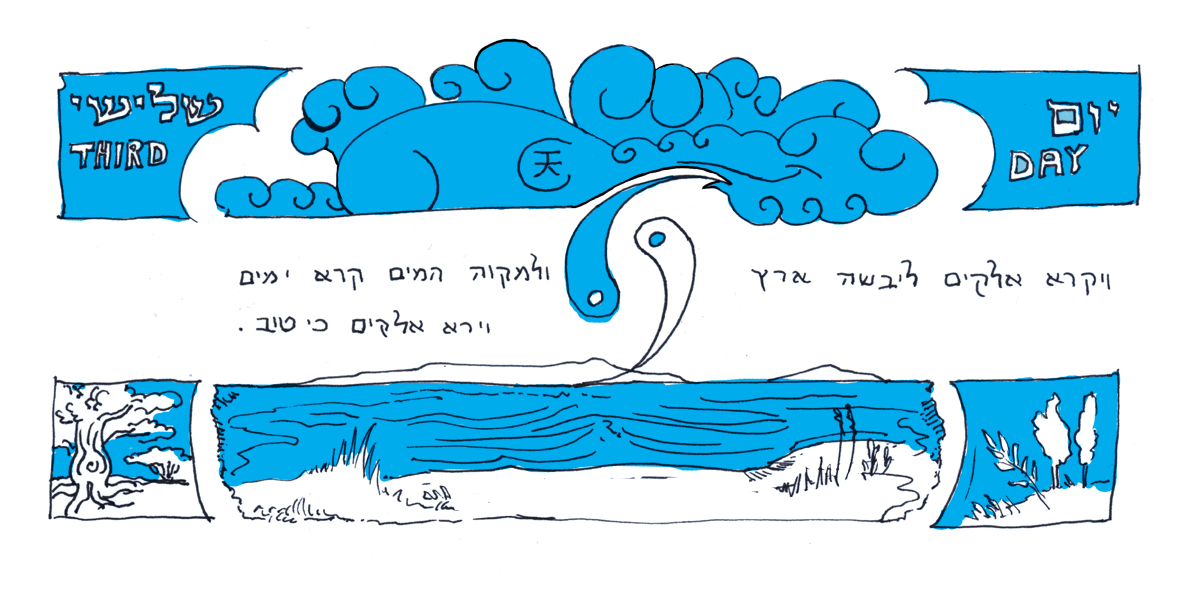Israel Asia Leaders Fellowship
Buddha Bodai
New School/Old World
“And your children shall be wanderers in the wilderness…” (Numbers 14:33)
“Preserve the old but know the new.” (Chinese Proverb)
Fleeing persecution involves some serious cultural, intellectual and emotional displacement and yet, after centuries of experience in exile, Jews have channeled their disadvantages into productivity. The Radhanites, a medieval Jewish merchant sect acted as the neutral go-betweens between warring countries, pirates and between Western Europe and East Asia during the Middle Ages. Among the first to establish an extensive Eurasian trade network, some historians even suggest that the Radhanite merchants were responsible for helping introduce paper (a Chinese invention) to the West. With the fall of the Chinese Tang Dynasty in 908 AD, however, chaos descended on the East. The bridge was closed, but not before the Jewish merchants left a trail of Jewish settlements across both continents, many of which still exist today.
As Jews are no strangers to immigrant culture—accompanying identity crisis included—it is little surprise that in recent years a new kind of understanding is developing between Jews and the nations of the Far East. The last century bore witness to political upheaval, all the more drastic and dramatic with advances in global communication and military technology. While history’s Jewish fall-guy has become uncomfortably familiar with the painful results of such events, a kinship formed from the socio-political fallout and of cultural similarities now exists between Jewish and Asian American immigrants in the wake of World War II, the Cold War, the Chinese Cultural Revolution, and other events placing the Far East back in the spotlight on the world stage. The Jewish people, a wandering nation with faraway homeland, has held tightly onto its identity for thousands of years while the nations of the East have the geographic home-base advantage but have had to rewrite their cultures after almost half a century of being verily erased by political reforms, foreign occupation, and other complications.
Creation Begins
Tuesday, translated as “Yom Shlishi,” in Hebrew references the 3rd day of creation during which G-d separates land and sea, brings forth vegetation from the earth and “saw that it was good” twice! Tuesday is therefore a most auspicious day in the Jewish calendar- the day for weddings, and certainly a great day to start new projects. Today is made doubly special because it is Rosh Chodesh Sivan, or the beginning of the month of Sivan in the Jewish calendar. It marks the month in which Noah’s ark came to rest on dry land. G-d gave the Torah to the Israelites there in the wilderness marking them officially as The Jewish People.—which marks the month in which Noah’s ark came to rest on dry land and G-d gave the Torah to the Israelites in the wilderness marking them officially: the Jewish people. So today seems like an excellent day to start a blog on a new/old kind of Jewish perspective. With every new venture we take a minute to mourn and remember the Jewish nation of old before the fall of the 2nd Temple and the dispersion of our people. “If I forget thee, O Jerusalem, let my right hand forget its skill!” (psalm 137:5) We keep our hearts ever in the East, always praying towards Israel, but now it’s time for our minds to venture a little further eastwards….


